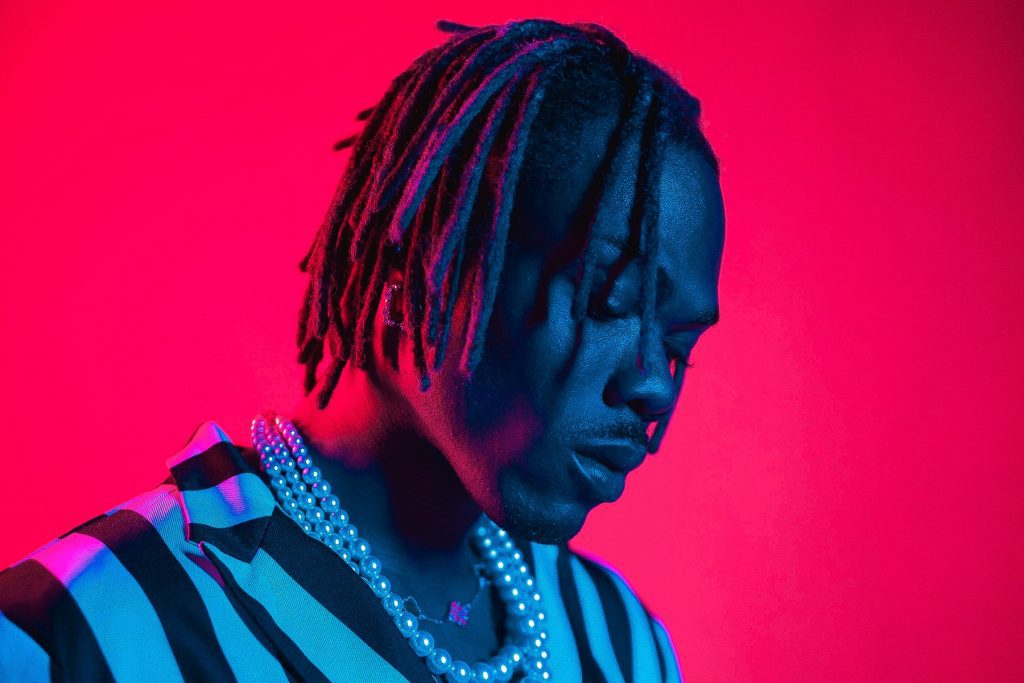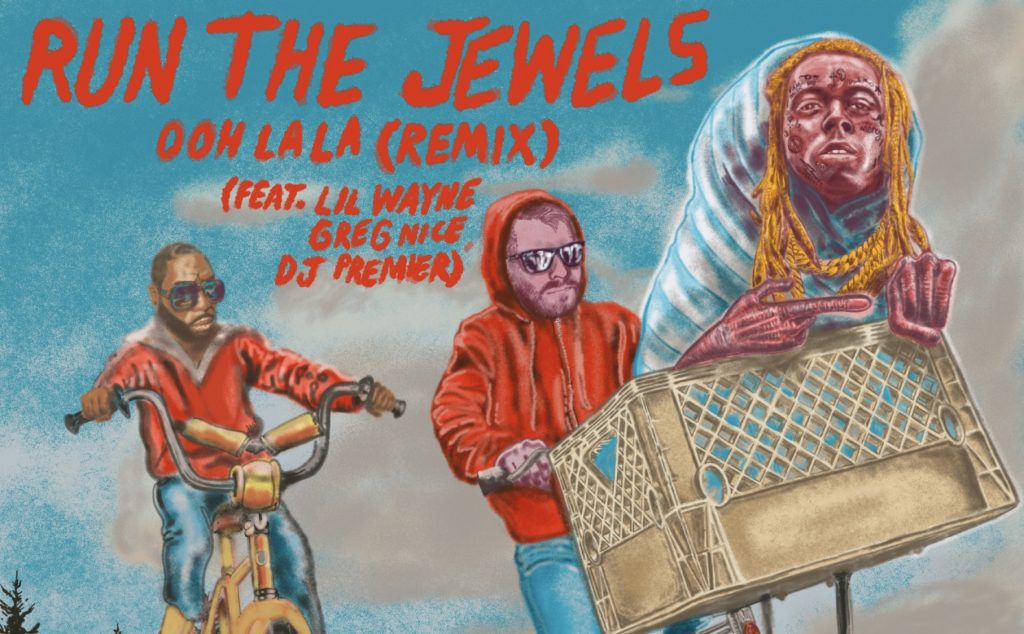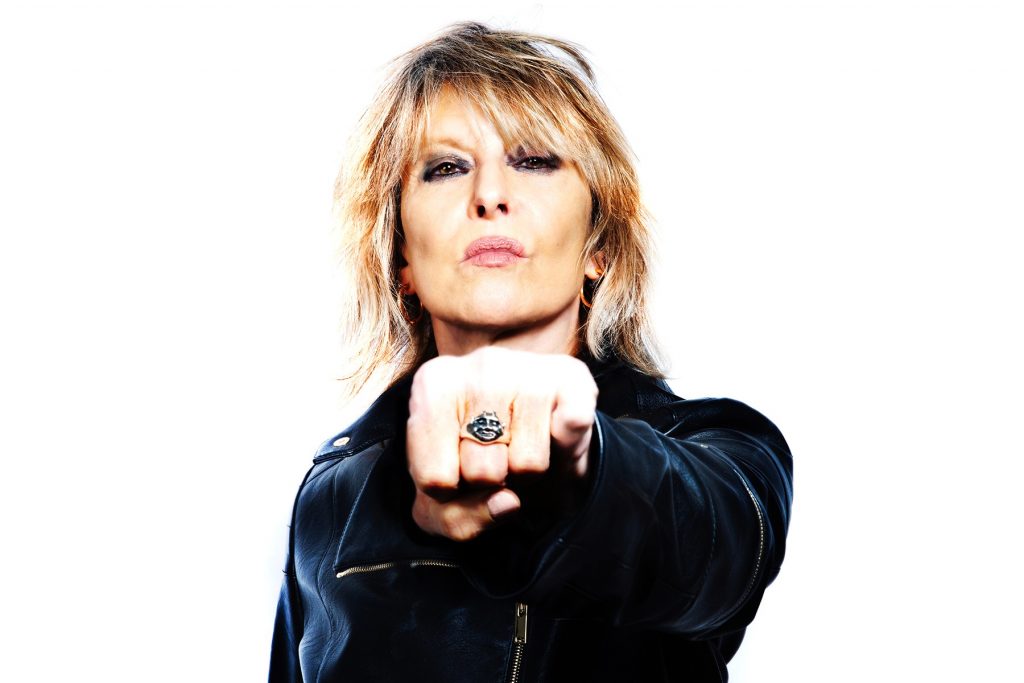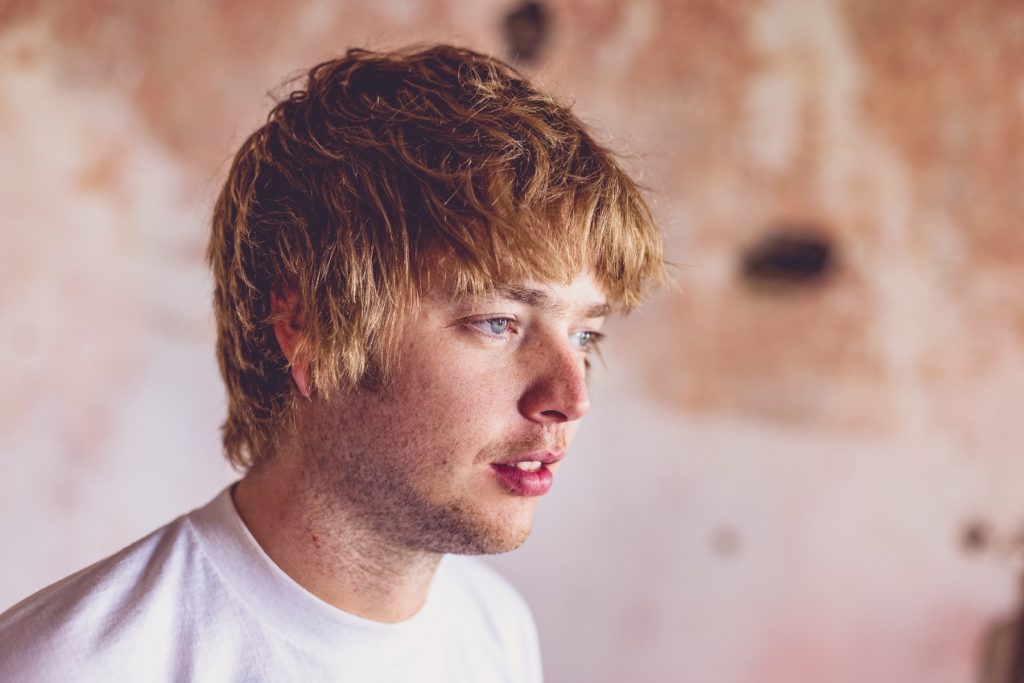
CKay’s ‘Love Nwantinti’ Took Over TikTok — But He’s Only Now Getting Full Credit
One night in early September, a friend of Chukwuka Ekweani sent him a clip of his song “Love Nwantiti” being used in a TikTok challenge. The friend told him he thought the sound would be huge on the app, but Ekweani — a Nigerian emo-Afrobeats singer-songwriter and producer who performs as CKay — didn’t take that predicition seriously. “‘Love Nwantiti’ [had already] blown up in Nigeria and many other countries last year,” the 26-year-old tells IndieLand. “So I didn’t expect it to blow up all over again. Thankfully, I was wrong. She showed it to me again two days later and it had gone completely viral.”
For weeks now, that TikTok sound, a remix of CKay’s song featuring DJ Yo and Axel, has taken over the video-sharing app and has grabbed the ears of millions of listeners across the world. On TikTok, more than 3 million videos have been created under the sound. And since September 11th, the song has remained the most Shazamed song in the world, beating out the Kid Laroi and Justin Beiber’s “Stay,” and Elton John’s remix of “Cold Heart” featuring Dua Lipa. Right now, “Love Nwantiti” is charting in 160 countries.
blogherads.adq.push(function () {
blogherads
.defineSlot( ‘medrec’, ‘gpt-dsk-tab-article-inbody1-uid0’ )
.setTargeting( ‘pos’, [“mid-article”,”mid”,”in-article1″,”mid-article1″] )
.setSubAdUnitPath(“music//article//inbody1”)
.addSize([[300,250],[620,350],[2,2],[3,3],[2,4],[4,2]])
;
});
Born to middle-class Igbo parents in Kaduna, a state in northern Nigeria, CKay began to make waves in the music industry with the release of his 2018 dance tune “Container.” Since then, he has released two EPs and collaborated with some of the country’s biggest stars, including Davido, while putting forth a sexy, dance-worthy, and sometimes experimental brand of Afrobeats.
“Love Nwantinti” means small love in Igbo, the language in which CKay sings a better part of the song. On the track, CKay grapples with an intense desire for a love interest. For TikTok users, the sound is fluid and versatile and can be used in creating different kinds of content. The most popular are the dance videos replicating a dance routine created by popular TikToker Tracy Joseph. “I find the sound really cute,” says Fola Francis, a 27-year-old fashion designer who regularly posts on TikTok. “People use the sound when they’re trying to feel cute, or when they’re serving face card. You don’t have to do too much to use the sound, that’s what makes it so easy. It’s such an effortless sound.”
In spite of the song’s success, several misconceptions have ridden its coattails, primarily about where it came from and who made it. Some listeners claim it was made by a Moroccan artist whose cover had gained some attention. And while different creators on TikTok were making several iterations of the sound — which often went viral — the song’s true creator sometimes got lost.
The remix with DJ Yo and Axel, a slowed-down version of the original, has been the most popular of these iterations — but the pair initially released the song before securing CKay’s permission. (Eventually all artists agreed on a proper release.) “I felt robbed at first,” CKay says. “Because, for one, it was a bootleg version; two, a lot of the TikTok videos renamed the song, so many people on the internet didn’t even know whose song it was. Also, certain countries enjoyed the music a little too much and started to claim it was theirs. I appreciate the love, but, yeah, I had to go on TikTok again and set things straight.”
What he means by setting things straight meant was posting a 34-second TikTok video of himself singing an acoustic version of the song. A move that has gone a long way in reaffirming that he indeed owns the song.
blogherads.adq.push(function () {
blogherads
.defineSlot( ‘medrec’, ‘gpt-dsk-tab-article-inbody2-uid1’ )
.setTargeting( ‘pos’, [“mid-article2″,”mid”,”in-article2″,”mid-article”] )
.setSubAdUnitPath(“music//article//inbody2”)
.addSize([[300,250],[300,251],[620,350],[2,4],[4,2],[3,3]])
.setLazyLoadMultiplier(2)
;
});
It is not uncommon for emerging artists to go unrecognized when their songs blow up on TikTok. While established artists like Drake or Megan Thee Stallion have been known to utilize the app to help their songs find virality, emerging artists — particularly artists from non-Western countries — don’t often get to be at the center of their own sounds when they go viral. It could have been remixed by a TikTok creator without giving proper credit or used in a video, also without proper credit. All of this makes it hard for emerging artists to enjoy or reap from the attention their songs garner when they blow up on a global scale.
“If I’m being honest, I feel angry whenever I see comments from Moroccans or creators from other countries crediting that DJ for the sound instead of CKay,” Francis says. “We’ve been fighting this fight on TikTok for the longest time about giving credit to original creators.”
But 24-year-old Grace Amaku, a verified Nigerian American TikToker and former employee at TikTok, says TikTok wants to help budding talents receive the attention they deserve. “With CKay’s song blowing up, that is what TikTok is about. One of the key phrases I heard when I was working for TikTok, is ‘It all starts on TikTok.’ Tiktok is an egalitarian app because anybody can blow up [there].”
Erin Ryan, a representative of TikTok’s music initiatives, insists that TikTok is committed to helping emerging artists grow. “TikTok fully embraces emerging artists being at the center of their songs and celebrates them reaching new levels of success that have been propelled through the app,” Ryan says. “There are countless examples, Lil Nas X, 24kGoldn, Tay Money, and we discuss recent moments in our weekly newsletter of TikTok trends.” Ryan says the TikTok music team in Nigeria also launched support to promote the “Love Nwantiti” sound on the app and help further boost CKay’s visibility.
CKay originally recorded and released “Love Nwantiti” in 2019; a remix featuring fellow Nigerian artist Joeboy and Ghana’s Kuami Eugene followed in August of last year. “Love Nwantiti was a freestyle,” says CKay. “I didn’t pen a single word. I was in my living room, making beats like I usually do, and I played the chords, built on them, and did my freestyle. I recorded around midnight and I was really sleepy, so I decided I was gonna put words to the ‘ah ah ah‘ part in the morning. Long story short, woke up in the morning and realized it was fire exactly how it was.”
blogherads.adq.push(function () {
blogherads
.defineSlot( ‘medrec’, ‘gpt-dsk-tab-inbodyX-uid2’ )
.setTargeting( ‘pos’, [“mid”,”mid-articleX”,”in-articleX”,”mid-article”] )
.setSubAdUnitPath(“music//article//inbodyX”)
.addSize([[300,250],[300,251],[3,3],[620,350]])
.setLazyLoadMultiplier(2)
;
});
Even as the records now are set straight for “Love Nwantiti,” questions still remain around how TikTok can ensure emerging music artists stay at the center of their songs when they begin to blow up. “I think it will be for the best if TikTok does the same thing Instagram does with copyright and infringement,” Francis believes. “If you upload a video on Instagram with a song without mentioning the artist in your caption, the video gets flagged. And if you upload a reel with an artist’s song, the reel automatically recognizes the sound and updates itself, and credits the artist that made the song. If TikTok does this, there will be less chaos on ownership and credit.”
But at the base of all this, the meteoritic rise of “Love Nwantiti” is another reason to believe that Afrobeats artists are setting their own table on the global music scene.




